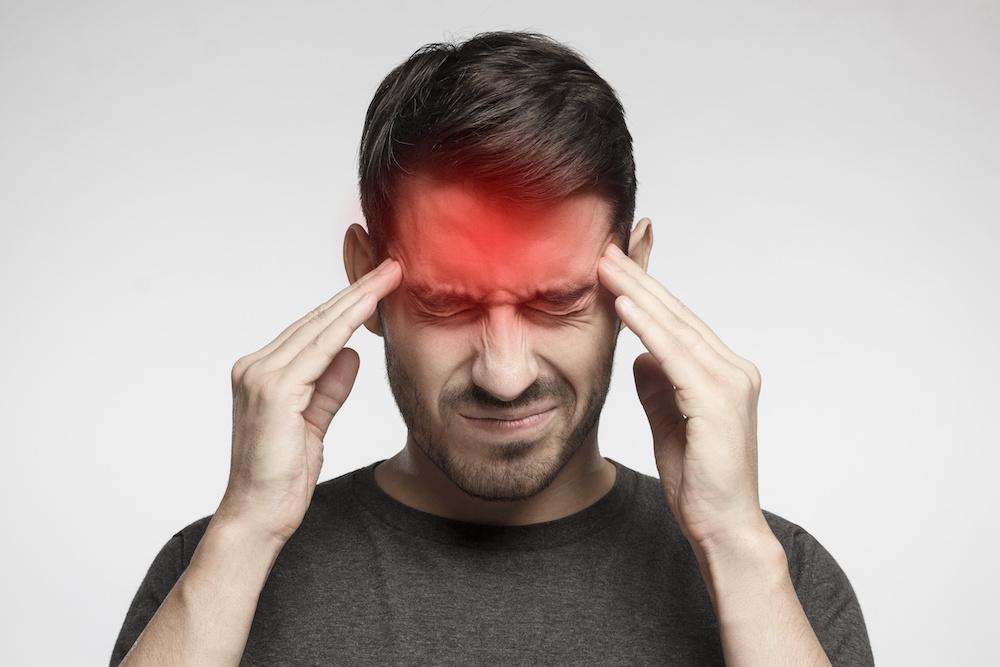
How Occipital Nerve Treatments Can Help Chronic Headache Pain

There are many different types of headaches, and they respond to different treatments. Some subside after a dose of aspirin or ibuprofen. Others take stronger medication and intentional lifestyle adjustments. And some call for a more direct approach that silences the pain at the source — your occipital nerve.
Dr. Jay M. Shah, our double-board certified pain specialist here at SamWell Institute for Pain Management in Colonia and Livingston, New Jersey, treats the most complex sources of pain with advanced technology and years of experience. If you get chronic headaches, he can stop your pain and prevent it from coming back. To find out if an occipital nerve block can treat your headaches, we need to take a closer look at the types of headaches that respond well to this treatment.
Where is your occipital nerve, and why does it cause headaches?
Your occipital nerve begins in the upper part of your spine between your first and second cervical vertebrae. This nerve makes it possible for you to feel the skin on the back of your scalp.
If your occipital nerve becomes inflamed or irritated, you may feel the pain in the form of upper neck pain, pain in the back of the head with a coinciding headache, or it may cause referred pain you feel near or behind your eye, nose, or mouth.
Occipital neuralgia
Although it sounds intimidating, occipital neuralgia is simply pain (neuralgia) in a certain nerve in your head (the occipital nerve). This can occur if your neck muscles are too tight and compress the nerve running through that area. An injury to your head or neck can also cause trauma (such as whiplash) that leads to pain, as can degenerative arthritis in the neck or any abnormalities in the structure of your cervical spine.
Occipital neuralgia symptoms usually hit suddenly, triggered by a simple touch or movement, such as brushing your hair; a car accident; or after years of chronic neck pain.
Cluster headaches
Cluster headaches typically appear suddenly, are intensely painful, and occur in cycles or clusters of several episodes in one day or over a few days. Many sufferers report a severe stabbing or piercing sensation behind the eye that sometimes spreads to the temples, forehead, and face. Cluster headaches usually affect one side or the other.
During a cluster headache episode, you may notice eye changes including:
- Sensitivity to light (after the headache begins; not a trigger)
- Droopy lid
- Pupil constriction
- Swelling
- Redness
One of the potential culprits behind cluster headaches is an inflamed occipital nerve.
A word about migraine headaches
Migraine headaches and occipital neuralgia are often difficult to distinguish from one another because many of their symptoms overlap, including sharp pain, pain behind the eyes, pain on one side of the head, a tender scalp, and pain when you move your neck.
However, Dr. Shah is highly experienced at identifying the unique characteristics that constitute each condition. While migraine attacks are often accompanied by visual disturbances (auras) and other symptoms, occipital neuralgia isn’t. In addition, occipital neuralgia begins in the neck and travels upward to the scalp.
How an occipital nerve procedure can end your headache pain
If Dr. Shah diagnoses you with cluster headaches or occipital neuralgia, an occipital nerve block may be the answer you’ve been searching for. During this procedure, he injects a solution containing a combination of a local anesthetic and anti-inflammatory medication under live image guidance to stop your pain immediately.
The effects of the steroid may take a few days to kick in, but once they do, they can last for weeks or months at a time. It takes a couple of injections spaced two weeks apart for some patients to get the full effect. If the occipital nerve block works for you, but your pain comes back when the steroid wears off, Dr. Shah may recommend a longer-term solution, such as ablation or rhizotomy, or even nerve stimulation.
Radiofrequency nerve ablation
When the occipital nerve block is successful, you can be sure that your occipital nerve was the source of your pain. To provide long-term and sustained pain relief from headaches, Dr. Shah may suggest using radiofrequency ablation to gently pulse radiofrequency energy around the nerve and disable its ability to send pain signals.
Spinal cord stimulation
Once Dr. Shah has confirmed that your headaches can be traced to your occipital nerve (confirmed by a successful nerve block), another option for more permanent pain relief is a spinal cord stimulator (SCS).
Here, Dr. Shah places electrical leads in the epidural space of your cervical spine. Next, he attaches the leads to a small device that controls the pain messages in your nerves by sending out low-voltage electrical energy.
Dr. Shah has you test the SCS system for a week before he implants the device permanently in your low back or flank area between your skin and muscle. You control the generator with a remote device and regulate your personalized settings with the stimulator device.
If you have chronic headaches, an occipital nerve block may bring you relief. Schedule an appointment today by calling our friendly staff, or book online for headaches or any type of pain.
You Might Also Enjoy...


Solutions for Post-Surgery Pain

Give Yourself the Gift of Mobility: How Vertiflex® Can Relieve Spinal Stenosis

Is the MILD® Procedure Your Key to Unlocking a Pain-Free Holiday Season?

Don't Let Failed Back Surgery Haunt You: A Guide to Spinal Cord Stimulation



